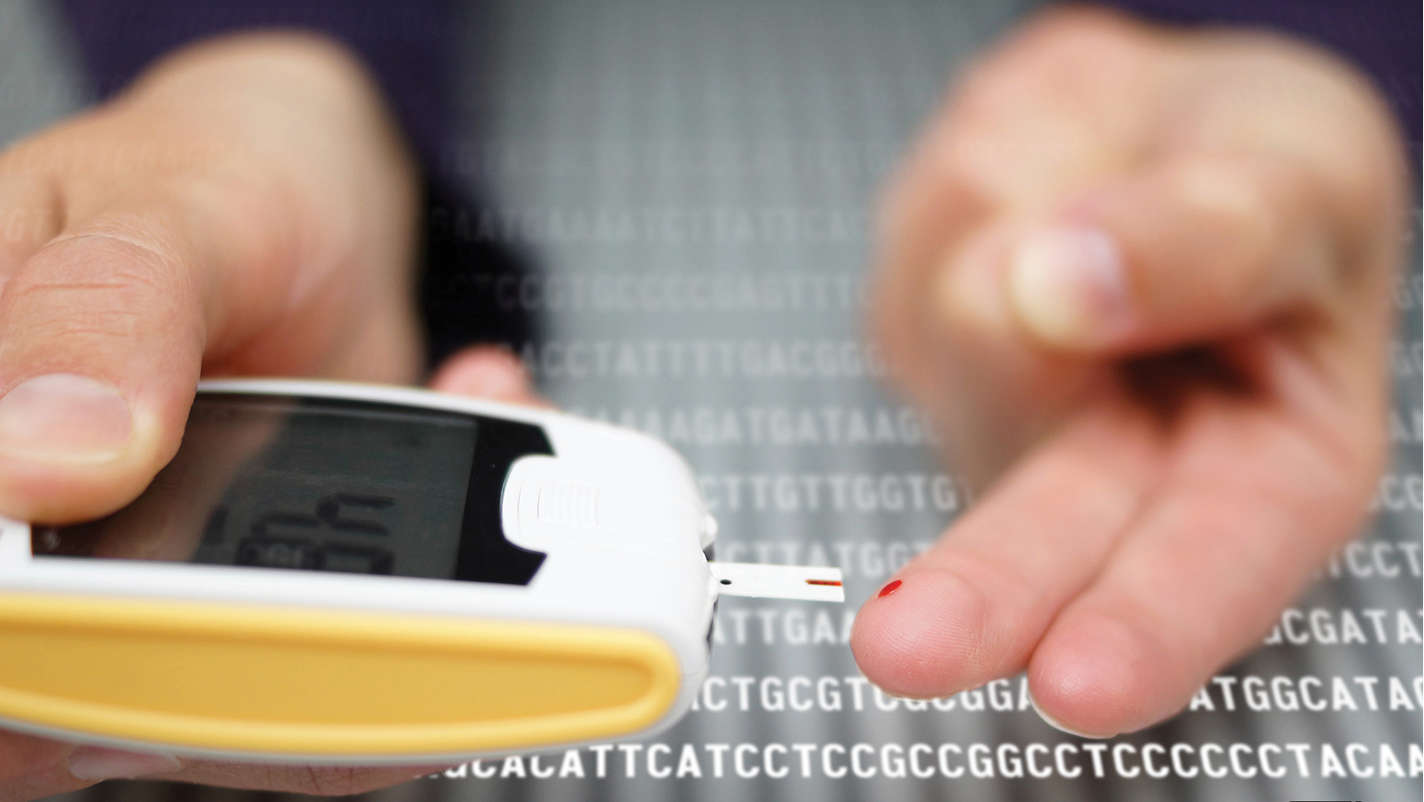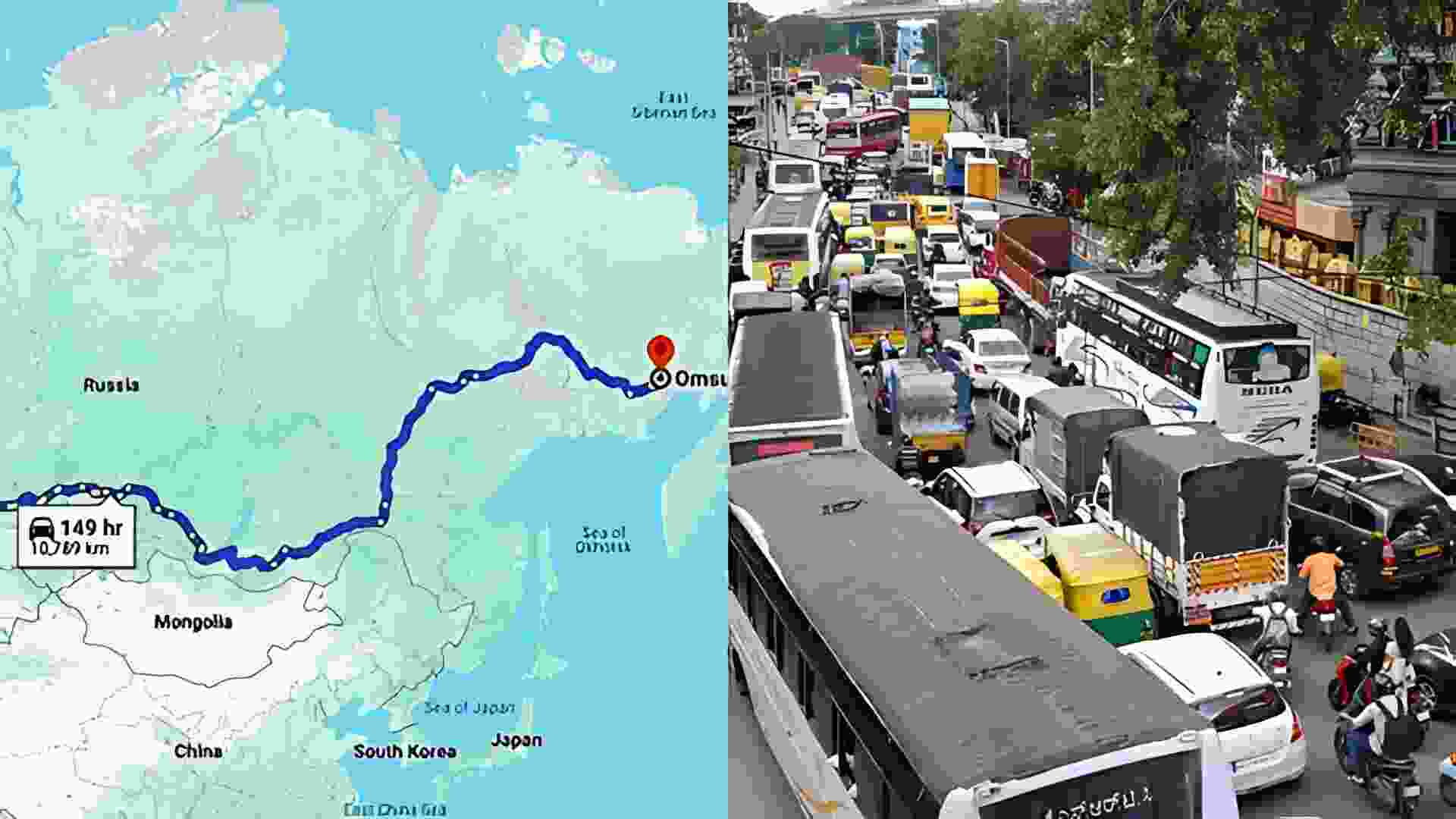
Diabetes is a disease that occurs when your blood glucose, also called blood sugar, is too high. It is a chronic (long-lasting) health condition that affects how your body turns into energy. Blood glucose is your main source of energy and comes from the food you eat.
The disease occurs when the pancreas is either no longer able to make insulin or when the body cannot make good use of the insulin it produces. Insulin is a hormone made by the pancreas that acts like a key to let the glucose from the food we eat pass from the blood stream into the cells in the body to produce energy. All carbohydrate foods are broken down into glucose in the blood. Insulin helps glucose get into the cells.
Not being able to produce insulin or use it effectively leads to raised glucose levels in the blood (known as hyperglycaemia). Over the long term, high glucose levels are associated with damage to the body and failure of various organs and tissues.
Type 1 diabetes: This type is an autoimmune disease, meaning your body attacks itself. In this case, the insulin-producing cells in your pancreas are destroyed. Up to 10% of people who have diabetes have Type 1. It’s usually diagnosed in children and young adults. However, it can develop at any age. It was once known as “juvenile” diabetes. People with Type 1 diabetes need to take insulin every day. This is why it is also called insulin-dependent diabetes.
Type 2 diabetes: With this type, your body either does not make enough insulin or your body cells do not respond normally to the insulin. This is the most common type of diabetes. Up to 95% of people with diabetes have type 2 diabetes. It usually occurs in middle-aged and older people. Other common names for type 2 are adult-onset diabetes and insulin-resistant diabetes.
Prediabetes: This type is the stage before type 2 diabetes. Your blood glucose levels are higher than normal but not high enough to be officially diagnosed with type 2 diabetes.
Gestational diabetes: This type develops in some women during their pregnancy. Gestational diabetes usually goes away after pregnancy. However, if you have gestational diabetes you are at a higher risk of developing type 2 diabetes later on in life.
Dr Richa Chaturvedi is a Senior Consultant, Endocrinology, with Indraprastha Apollo Hospitals, New Delhi.















